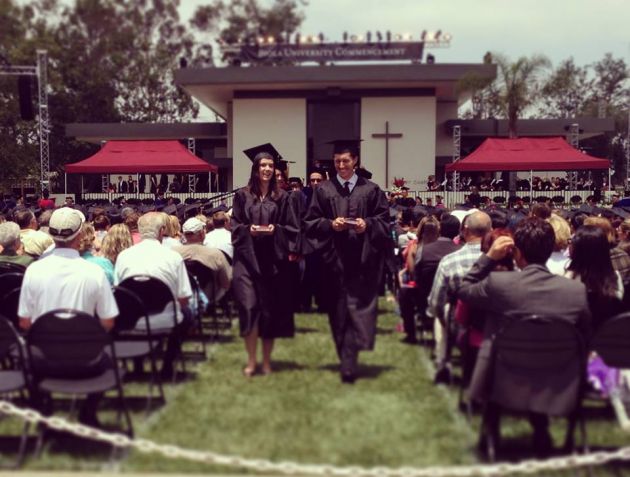As minority, US Protestants need to change stance, says professor

Data revealing that for the first time in its history the United States does not have a Protestant majority, presents evangelicals with opportunities and challenges, say two experts.
The Pew Forum on Religion and Public Life unveiled data in October which showed that only 48 percent of Americans identified themselves as Protestants.
This is a change from 2007, when Pew said that Protestants still made up a majority (53 percent) of the population.
The trend is driven by younger people who are increasingly identifying themselves as unaffiliated, says David Kinnaman, the president of Barna Group, a research group focused on faith and culture.
"It's absolutely driven by younger people," he said in an interview with the Spring 2013 edition of Biola Magazine, a publication of the evangelical California-based school, Biola University. "Some of the data suggests that millennials are twice as likely to be religiously unaffiliated."
Although there is no clear definition of when millennials arrived they are often roughly defines as those born after 1981. In 2010, Pew defined a millennial as someone who was 18 to 29.
Pew said that while most Americans consider themselves spiritual, a rapidly growing number no longer affiliate with a church or religious group. This group is commonly called "nones".
One of the ways to think about the Pew results, said Kinnaman, is in terms of what he called "mezzo trends."
"Unlike macro or larger scale trends, mezzo trends are not in and of themselves redefining American religion," he said. "There are at least three mezzo trends among the millennials of any religion in America."
"One is the disengaging, which is the rise of the 'nones'," he said. "A second is among younger Christians who are sort of disengaging from institutions while remaining Christian; they're sort of spiritual nomads."
"And then there is this sort of counter trend, the rise of the 'new faithful'."
Kinnaman said that this last group is why Christian colleges in America are still "vibrant."
"As the culture is becoming more and more secularized, it is providing a backdrop for these institutions that serve younger Christians to thrive," he said.
Kinnaman said that Christians ought to pay attention to the trends in American culture so as to be aware of the changing spiritual landscape.
He said that doing so will give them an understanding of the kind of society the U.S. will have in the future.
Over the last 50 years, said Kinnaman, the U.S. has become a "very pluralistic, multi-faith, and in some cases, no-faith culture, and there is a distinct difference from our past."
"There is no getting around the fact that the culture is changing," he said. "There are too many Christians bemoaning the fact that the culture has changed and Christianity isn't the moral center anymore."
Kinnaman noted that historically Christianity has thrived in cultures with multiple faiths. He said that although Christians might feel duress because some perceived rights are taken away, they should think about cultural engagement in a new way.
Dave Keehn, an associate professor of Christian education at Biola University's Talbot School of Theology, agreed with Kinnaman's view that Christianity can thrive as a minority.
In the Biola Magazine interview he said, "If the Church's focus is political in nature, then being a 'minority' is to be lamented. However, if the Church is the assembling of those 'called out' - then the Church has always been a minority."
Keehn said the global Church already operates as a persecuted minority.
"We in America must realize we are more like them," he said. "Yet the power of the Gospel is doing great things in those environments - so I'm looking forward to God's power manifesting in new ways in our nation."
The greatest opportunity, said Keehn, is that Christians can start living as missionaries in their daily lives.
Keehn said that a challenge for Protestant churches will be to still try and live according to the standards of Scripture in the changing culture.
"We already see churches and faith-based ministries confronted with implications of homosexuality and value-life issues," he said.
"The 'swimming upstream' grind will become constant as we stand for truth and values that are contrary to the world around us. Legislation will make 'sin' the normal way of life and to oppose it will make Christians defy the new rules."
"This will bring economic and personal hardships American Christians have never experienced before," he said.
